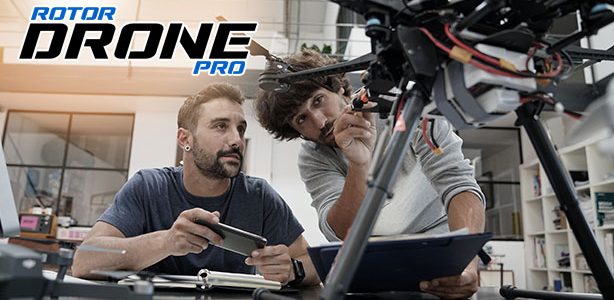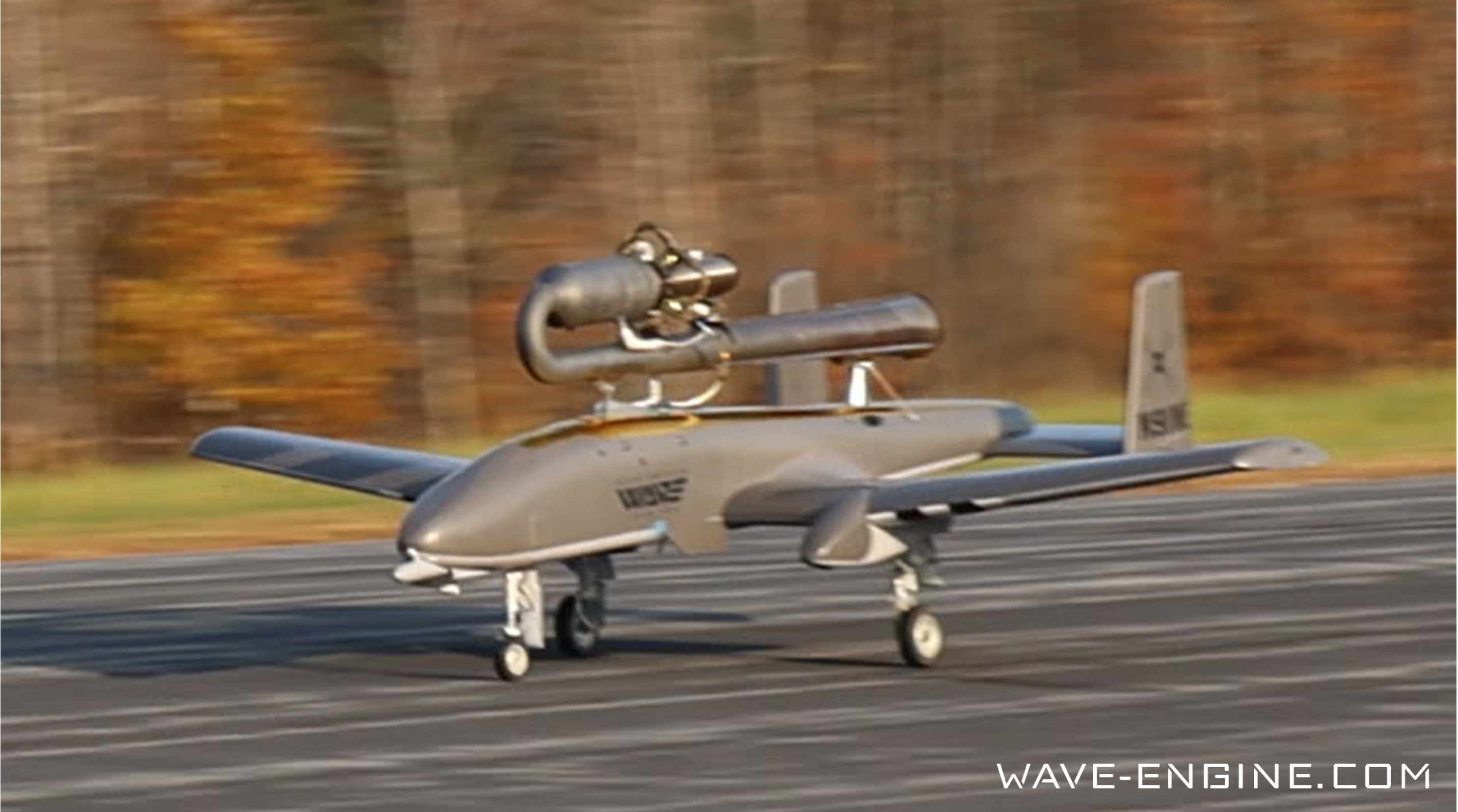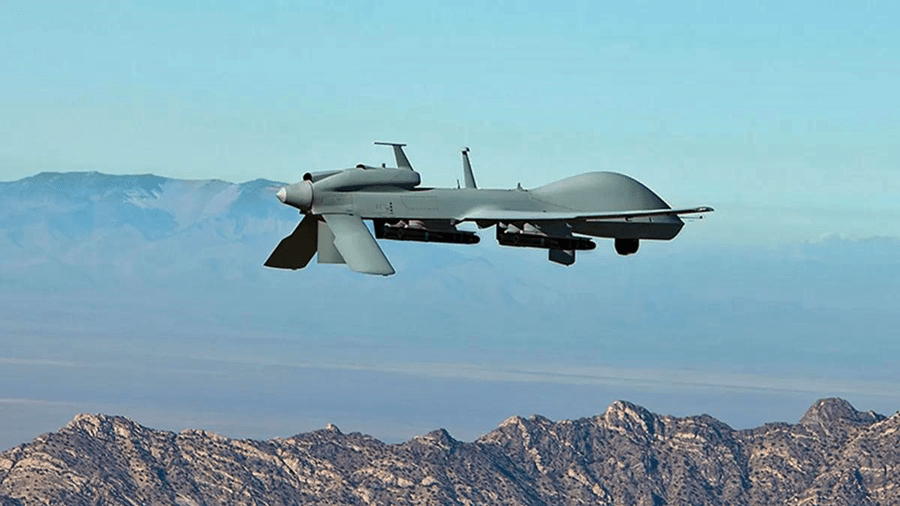What recommendations would you give to an aspiring drone operator who has a Part 107 certification and is looking for commercial work?
Answer: Having the certification is a good starting point, but there is a lot more to becoming a competent commercial drone pilot. Prospective pilots must have additional training in the various platforms, payloads, and missions that they will have to use in their work. The most important traits that professional drone-service companies are looking for include being scientific, disciplined, reasoned, and able to follow the rules for operating the drones safely and having the ability to learn—and be comfortable with—a variety of platforms, payloads, and missions. The bottom line is that the industry is very new, and potential pilots must be willing to tailor their training to their own goals and competencies.
On a résumé, we like to see the types of drones and payloads/missions the prospective pilot is comfortable operating. Along with certification and proof of insurance ($1 million liability available through the Verifly app or other short-term providers or long-term policies), companies need to know the type of work that the individual is comfortable and competent carrying out.
Commercial work requires a great deal of discipline and focus to make sure the operation is safe for all involved. This means that pilot job candidates need to be fully aware of their strengths and weaknesses and can identify further training they might need.
While not necessarily a requirement, any additional information or demonstrations of competence are a good thing to bring to a commercial drone company. At ABJ Drones, we would not hire someone without examples of their work in the field. Providing information and examples of past work makes it easier for the company to know what training and guidance the pilot might need in the future. It is also important for the company to have confidence in a pilot it is sending out into the field. The more secure the company feels about the pilot, the better the chance for the pilot to get assignments and make money in the industry.



















